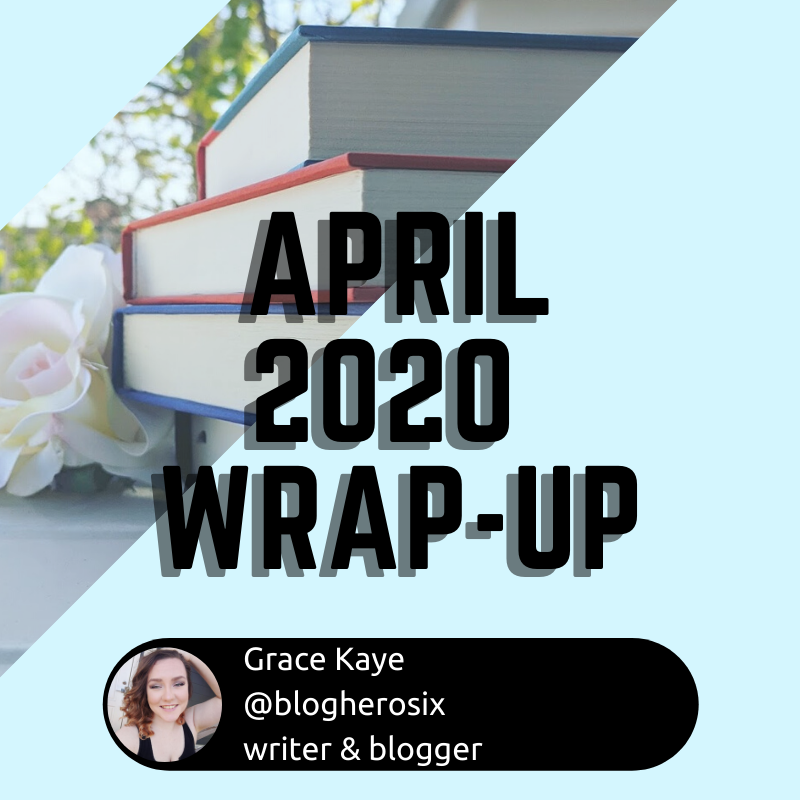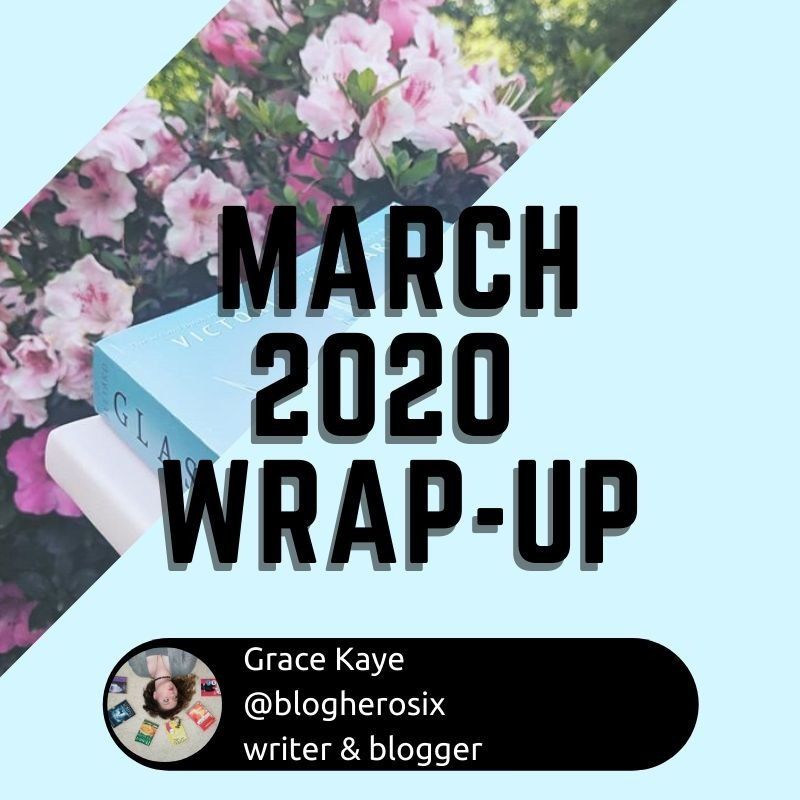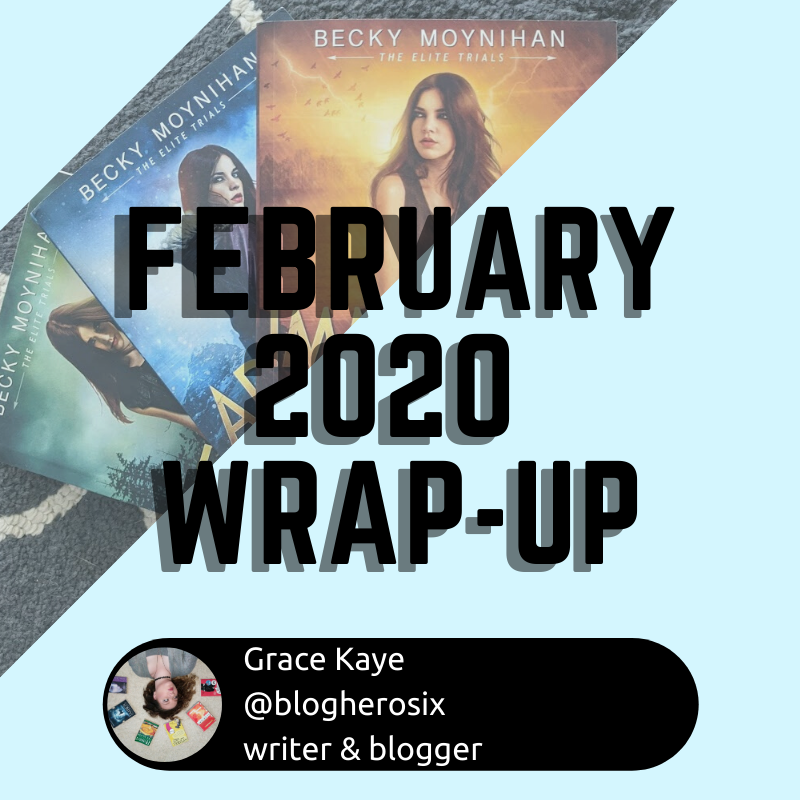The Real First Line of Your Story
- Grace Kaye

- Jul 17, 2017
- 4 min read

What if I told you the opening line of your story isn't really the first line?
Bloggers and Vloggers who offer writing tips love to talk about the first line of your story. You can find a TON of articles on how to craft the perfect first line. People eat that shit up.
Well, I’m doing it too, except I’m not talking about the same first line. I’m talking about the REAL first line of your story.
I recently read an interview with the American writer Steven Millhauser, in which he talked a little bit about his writing process, and he said something that really struck home for me:
"… the opening line isn’t the opening line. The first words a reader sees in a story come in the title. The true opening line of a story is the title. The apparent opening line is actually the second line. What this means isn’t simply that the title is as crucial as the opening sentence, but that the opening sentence plays off the title."
When I read that, my mind was blown. He was right—your very first experience with a story is the title. Not the first line of prose, the title. The first line is really the second line, and the two should interplay masterfully if you want to inspire a reader’s interest in the rest of your story. So without further ado, here’s some excellent examples of the interplay between title and the apparent first line of a story:
1. A Series of Unfortunate Events: the Bad Beginning by Lemony Snicket

"If you are interested in stories with happy endings, you would be better off reading some other book. In this book, not only is there no happy ending, there is no happy beginning and very few happy things in the middle."
This first line and title are iconic, and work together to give a reader a real sense of the aesthetic of this book. It’s witty, sometimes grim, and definitely entertaining. The first line essentially reiterates the title: you are about to read a series of unfortunate events.
The Catcher in the Rye by J.D. Salinger

"If you really want to hear about it, the first thing you'll probably want to know is where I was born, and what my lousy childhood was like, and how my parents were occupied and all before they had me, and all that David Copperfield kind of crap, but I don't feel like going into it, if you want to know the truth."
Another iconic first line. The opening line and the title interact differently here. The title seems artsy and doesn’t make a whole lot of sense at first, while the first line is comical and manifests the main character’s voice and personality immediately. Even though Holden is telling the reader that he doesn't want to explain himself to you, he actually does. He already has, anyway, in the title of the book.

3. It's Kind of a Funny Story by Ned Vizzini
"It's so hard to talk when you want to kill yourself."
This first line and title interplay pretty masterfully as a thesis to this book. You know that someone is about to tell you their story, a story about their depression, and it might end up being funny. But only sometimes, because, you know, depression sucks. I also think the first line has a way of subverting expectations. You think a book will start off light, especially with a title like this, but he immediately starts off with suicide. It’s an excellent combo for a fascinating hook.
4. Percy Jackson and the Olympians: the Lightning Thief

Chapter One: I accidentally vaporize my pre-algebra teacher
"Look, I didn’t want to be a half-blood. If you’re reading this because you think you might be one, my advice is: close this book right now. Believe whatever lie your mom or dad told you about your birth, and try to lead a normal life. Being a half-blood is dangerous. It’s scary. Most if the time, it gets you killed in painful, nasty ways."
Bonus: the interplay of a title, chapter title, and first line. Millhauser prefers writing short stories for the most part, so he doesn’t worry about chapter titles, but if this is something you like to use in your own story, a chapter title needs to factor into this title/first line duo as well. Rick Riordan is king at this. The title of the book is serious enough; you know it will be about a guy named Percy, presumably some gods, and definitely a lot of fantasy. How can one steal lightning? Well, it starts by accidentally vaporizing a math teacher. That chapter title alone was the reason I decided to pick up this book in middle school. I thought it was hilarious. The first few lines here show Percy’s sarcastic tone, but they also are a bit more on the serious side. The comical chapter title helps Riordan get across the tone of his novel from the first page.
It all comes down to making sure a reader is intrigued enough by your story right off the bat. It takes some work to hook a reader, but if you can get them interested in the first page, odds are they’ll stick around for some more. I love Millhauser’s advice, and I keep it in mind when editing my own stories. Ask yourself, how are the title and opening lines working together to create intrigue? Hopefully, this method hooks you some lovely readers.
As always, happy writing! (especially to my fellow Nanowrimo campers!)
Peace Out,
Grace










Comments